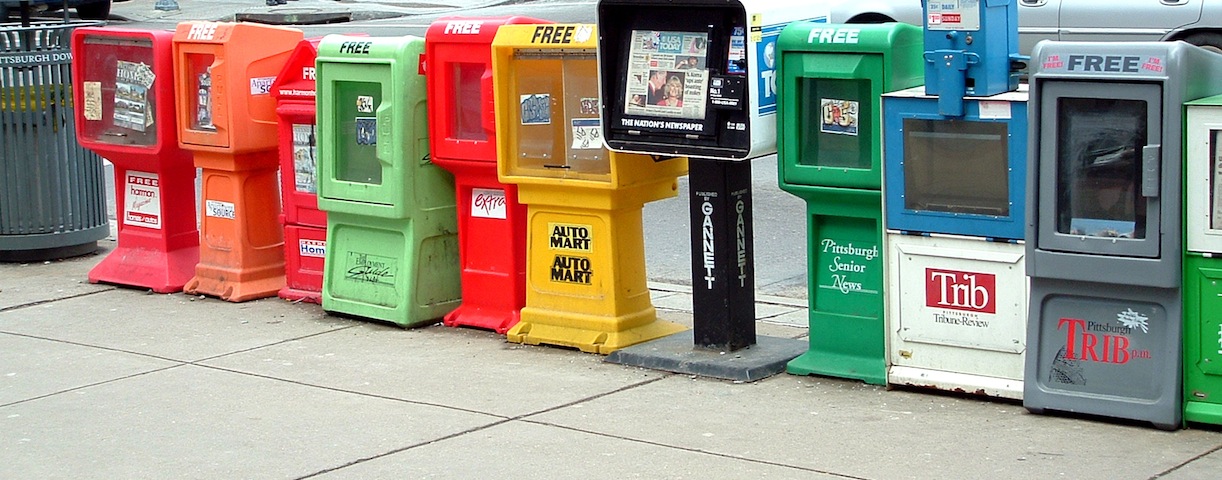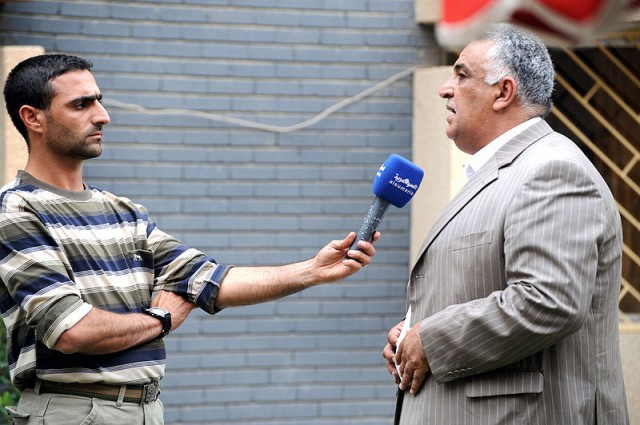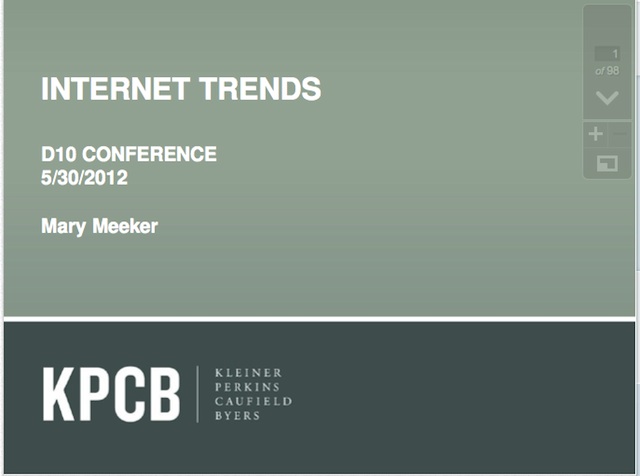Instapaper founder Marco Arment’s latest creation is The Magazine, an attempt to meld ‘medium length’ journalism with tech writing.
Instead of being a technology magazine, it’s about things that interest geeks. As Marco says of his new publication;
Rather than be limited to technology, its topics appeal to people who love technology.
The Magazine is one of the many experiments to figure out how to make journalism pay now the model of reportage pigging backing on the advertising ‘rivers of gold’ is over.
Marco goes through the rationale behind the project in his forward to the first edition, where he lays out what The Magazine offers and what it doesn’t. The basic philosophy is to have a clean interface just like Instapaper, no advertising and no video.
That’s a brave call which makes The Magazine reliant on subscription income, as is tying the project’s revenues to those of Apple’s Newstand distribution channel for e-magazines as it holds the publication hostage to one of the Internet’s empires.
What stands out to a lot of us in the tech media is the ambition to change the medium. Matthew Panzarino writing in The Next Web makes the point;
The focus on the ‘macro’ vs. the ‘micro’, on articles of lasting value and subject matter, rather than the fleeting ephemera of the tech carousel. I write between 5 and 9 articles a day on average, and many of them have a half-life of a few hours unless someone goes searching for a very specific topic at some point in the future. That’s the nature of the beast when it comes to covering the rapidly moving world of tech, but a periodical needs to operate differently, to work outside of that narrow envelope, if it’s going to work.
Nine articles a day is hard work and it’s questionable that anyone reads these pieces closely or really cares about them. It’s all grist to the new media mill which values quantity over quality, preferably with SEO friendly keywords.
This ‘content’ is the modern day digital fish wrapping of the 24 hour Internet cycle. Most of this posts could be easily replaced just by publishing the vendor’s media releases many of the stories are based upon.
While it would be tempting to say this is a problem with online tech journalism, it’s a problem across the media which is made worse by syndicating content or just getting digital sharecroppers to donate their time and work.
Prior to modern food handling rules British fish and chip were wrapped in yesterday’s newspapers, hence the saying “today’s news wraps tomorrow’s fish.” It was a saying intended to imbue journalists with a sense of humility about their trade. It didn’t always work.
Today, we’re churning out the modern digital equivalent to a largely disinterested audience. The Magazine is an attempt to do something better.
Regardless of whether Marco is successful or not with his project we can do better than what we’re currently doing.




